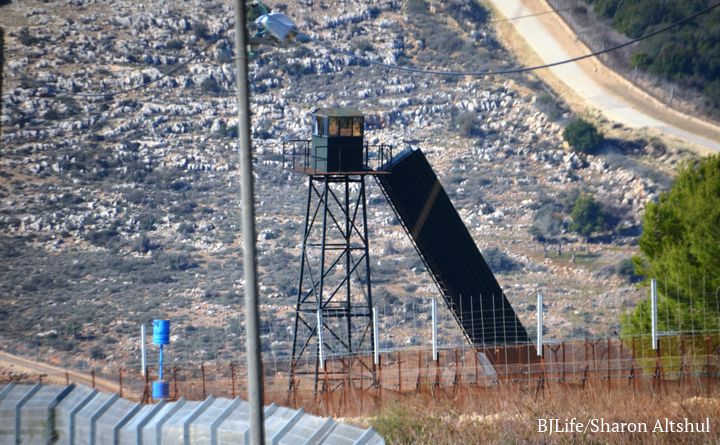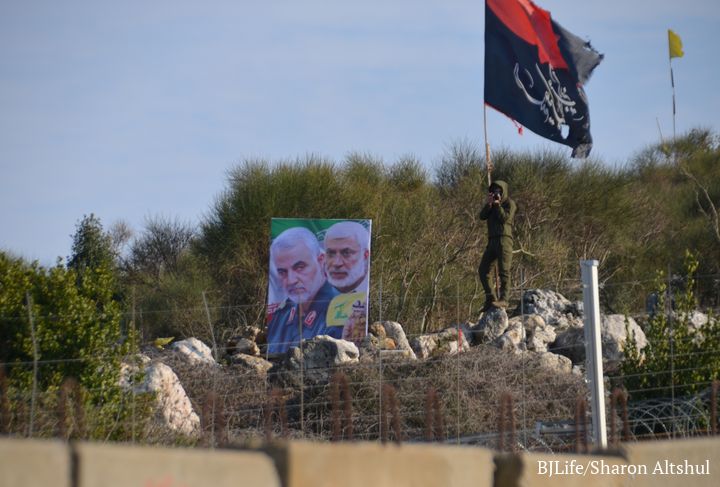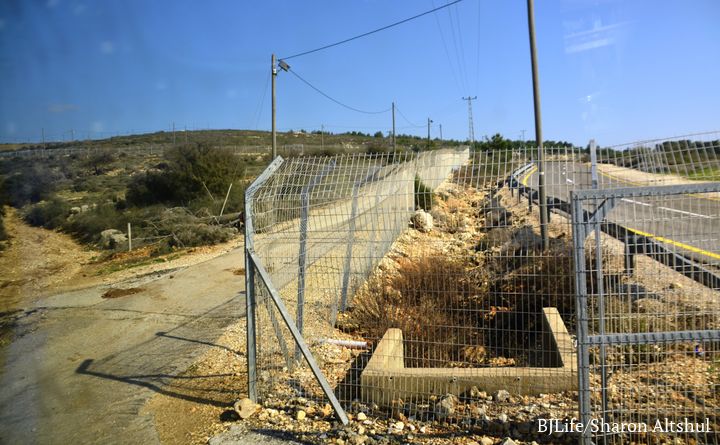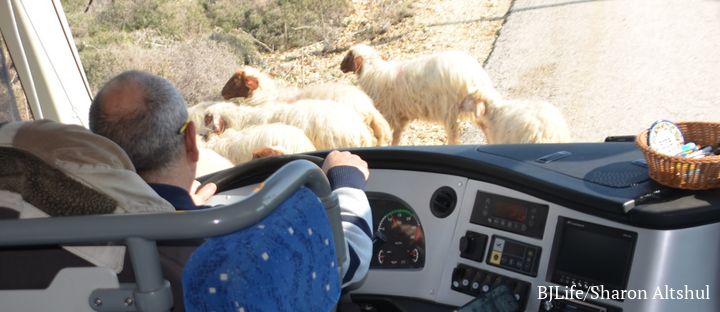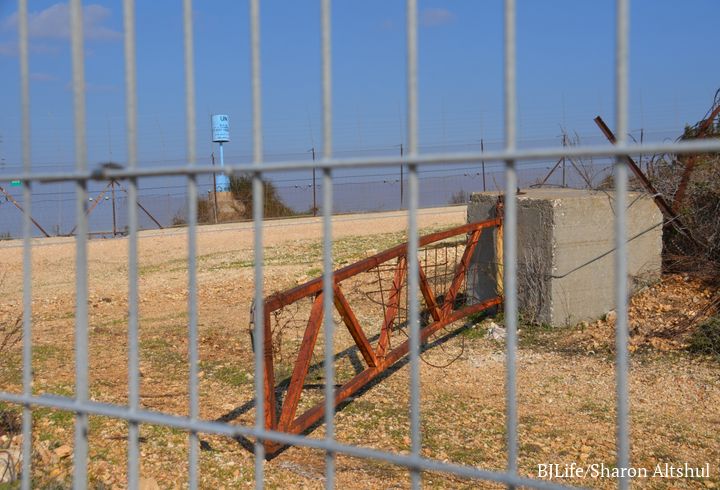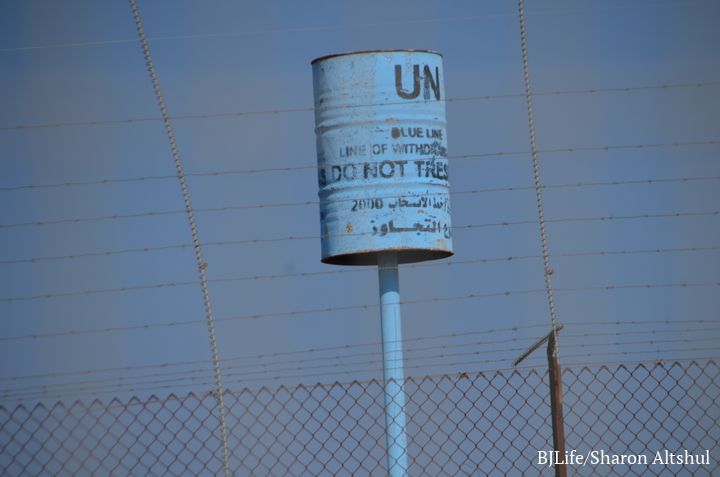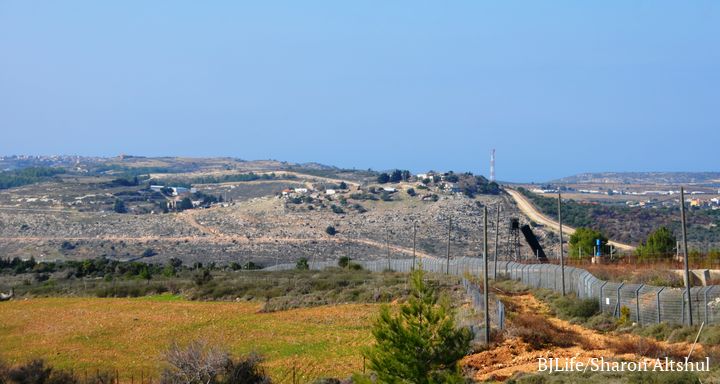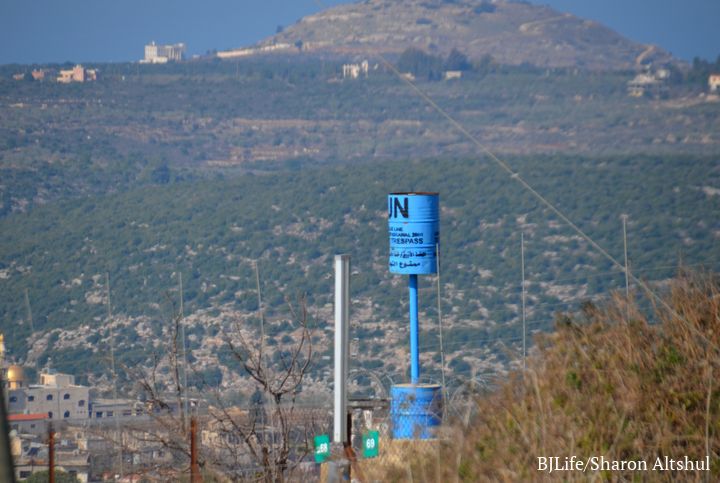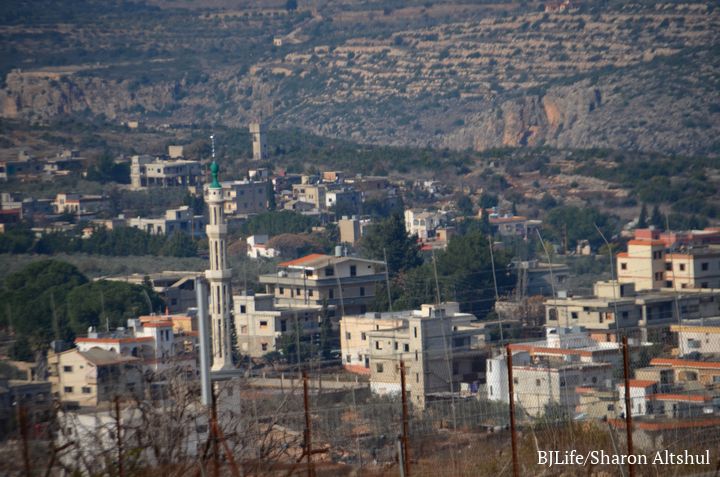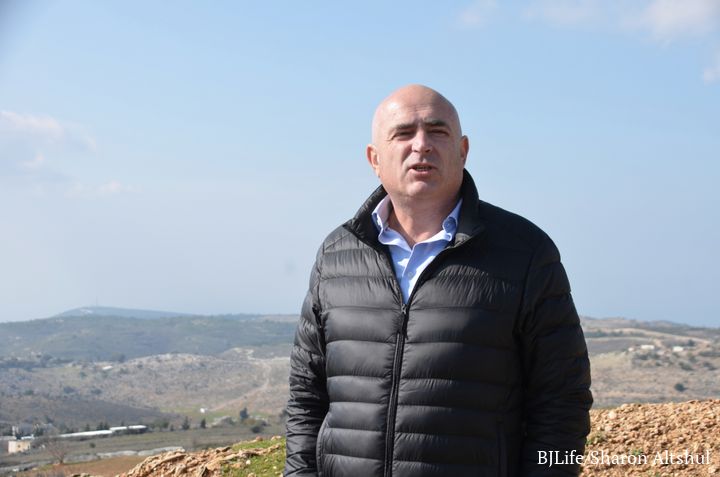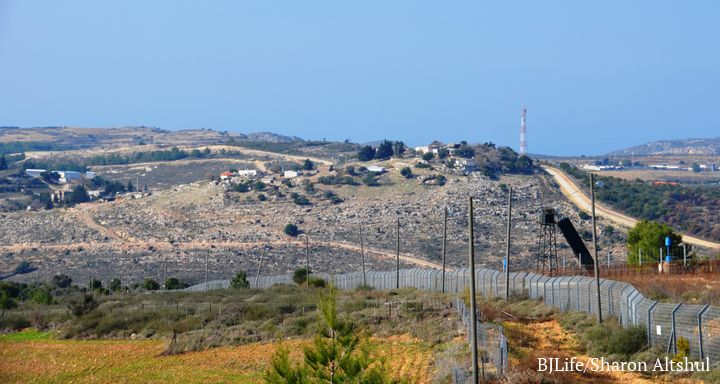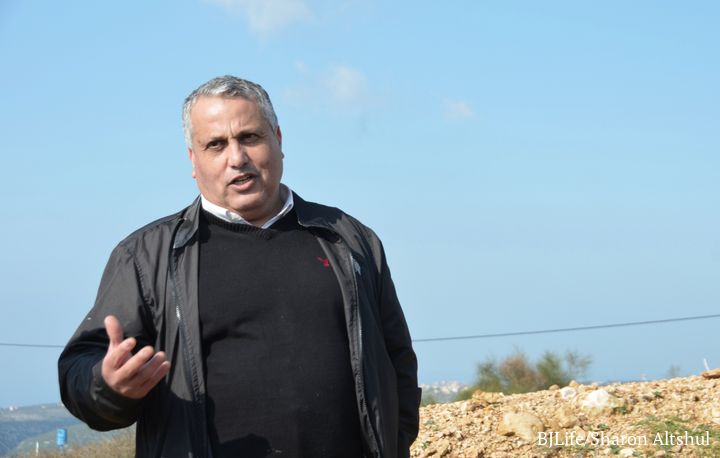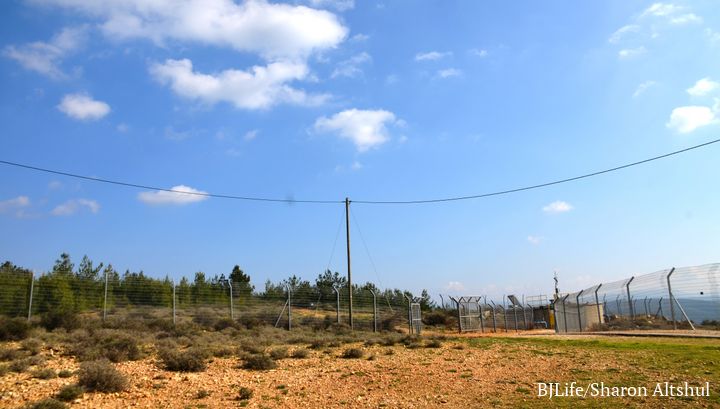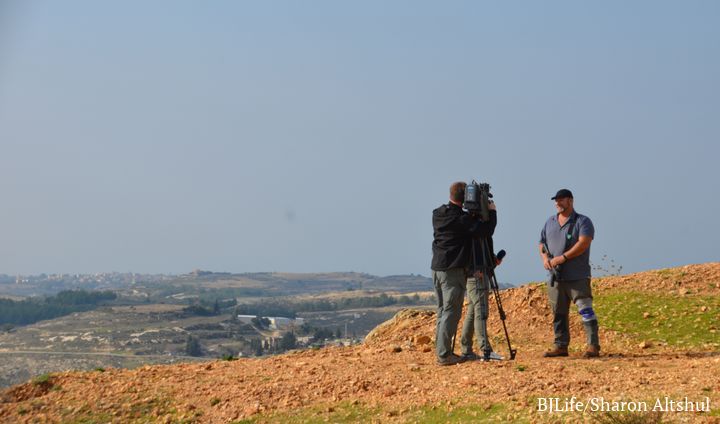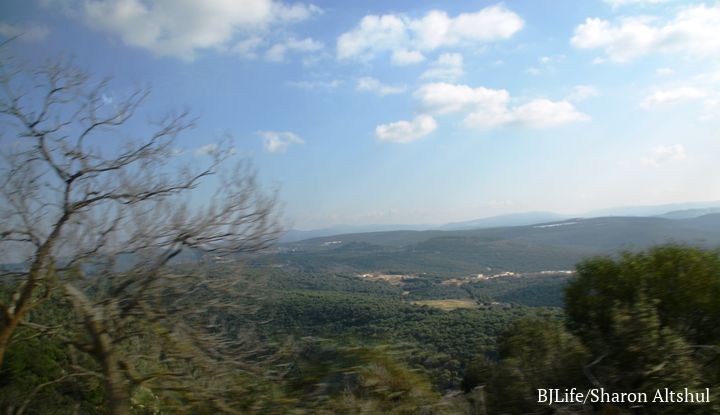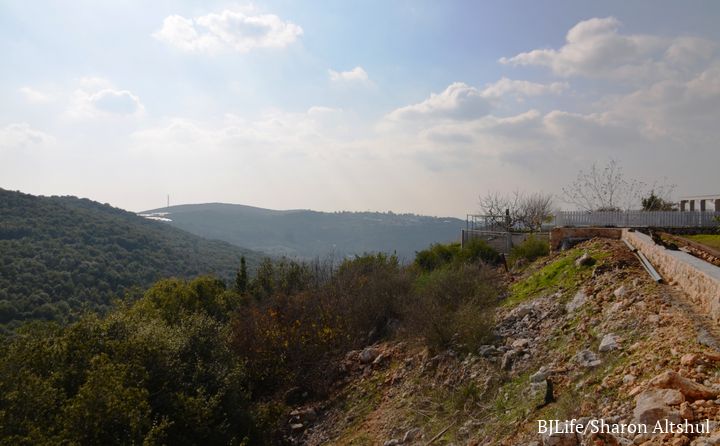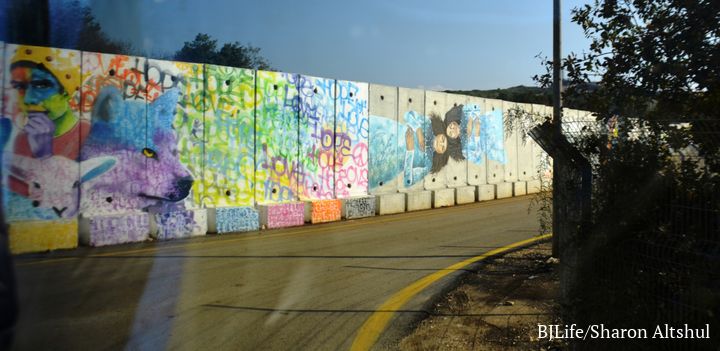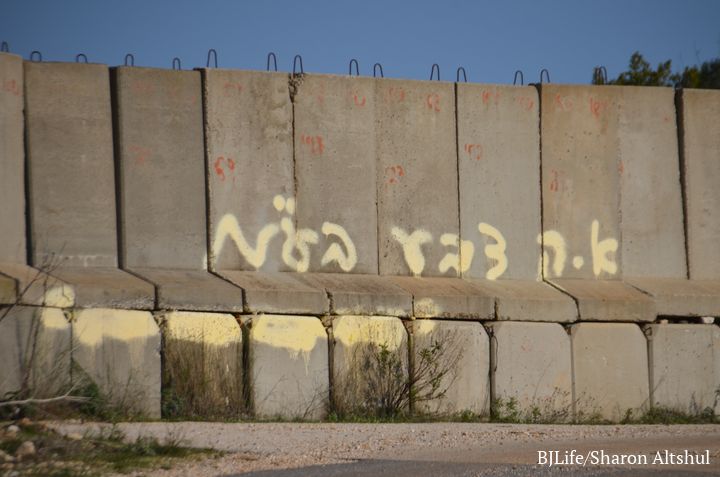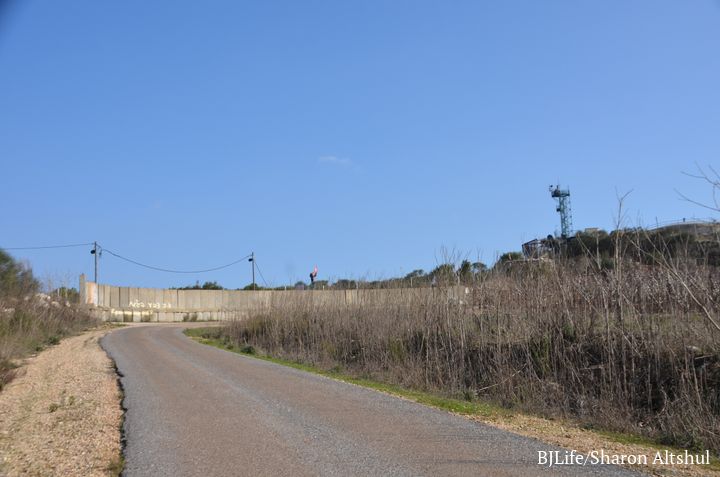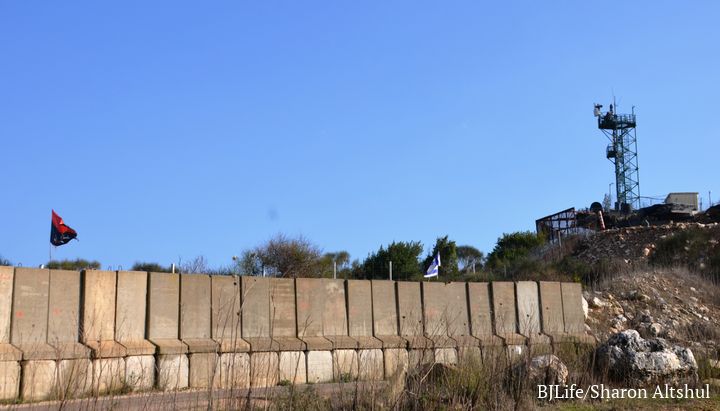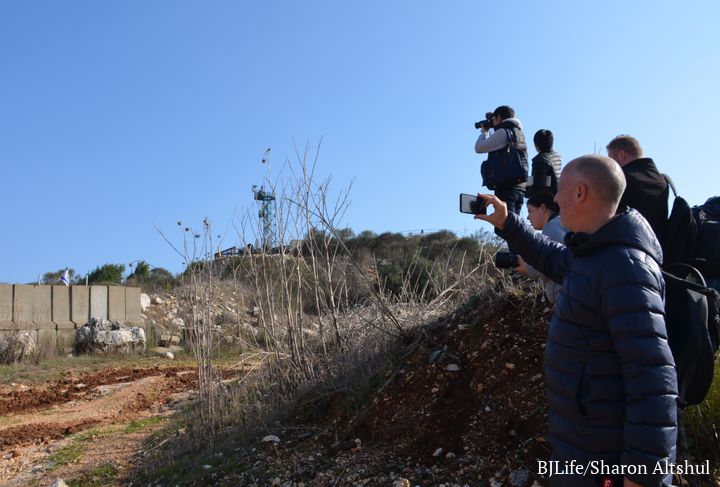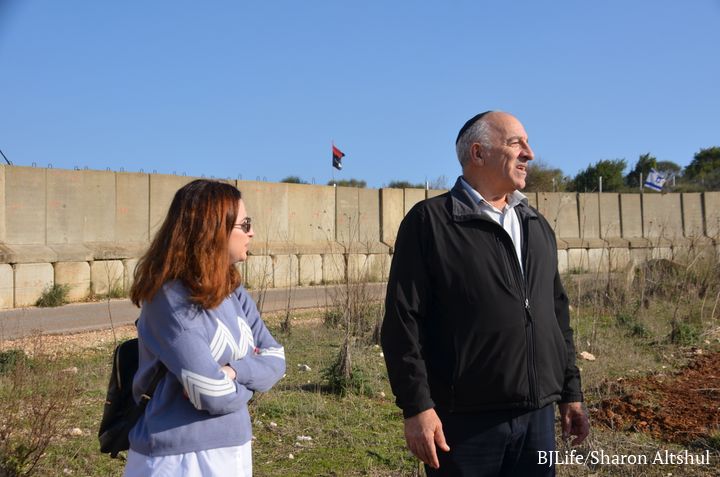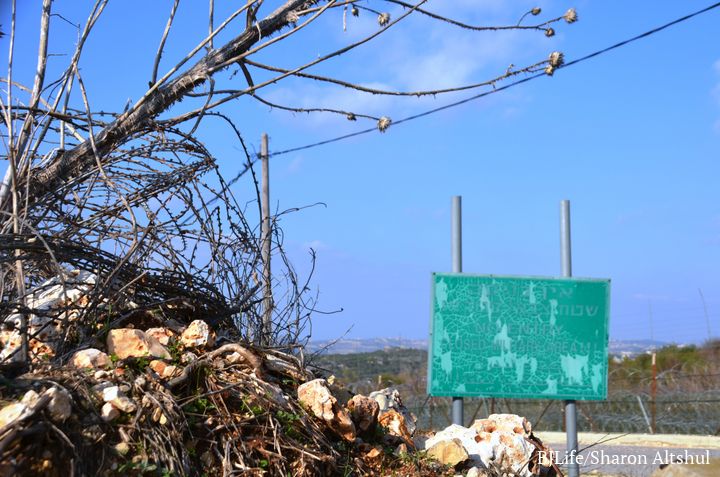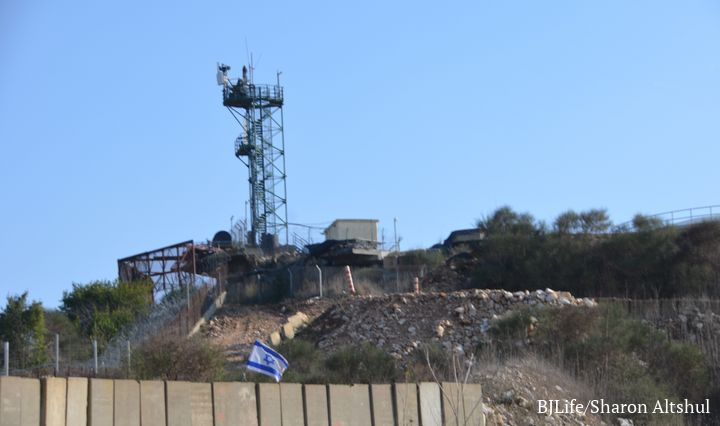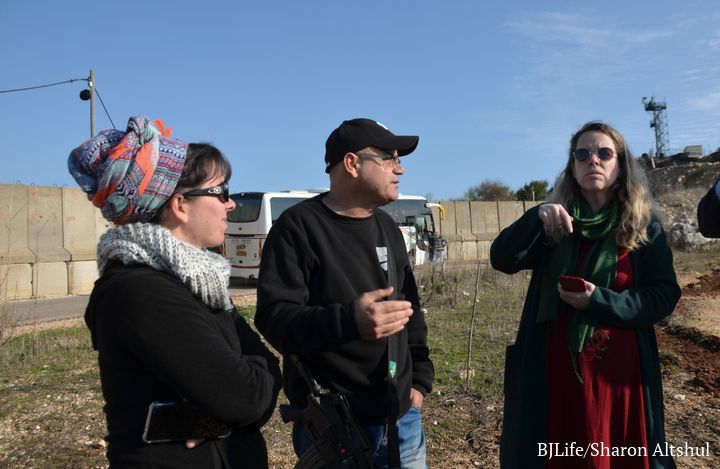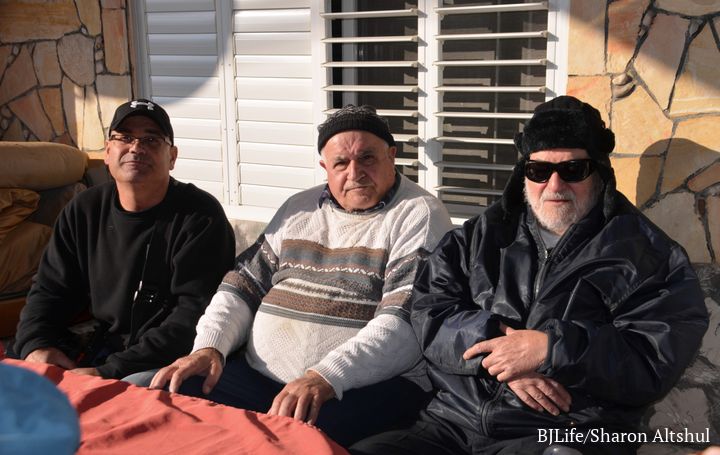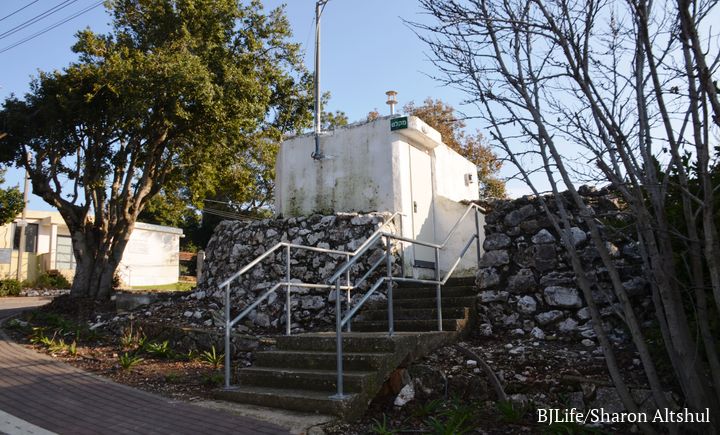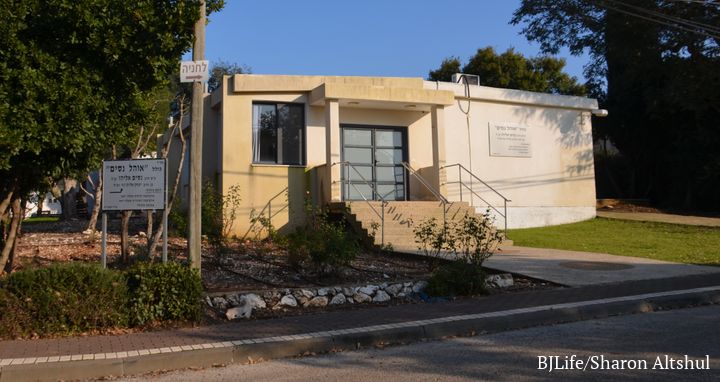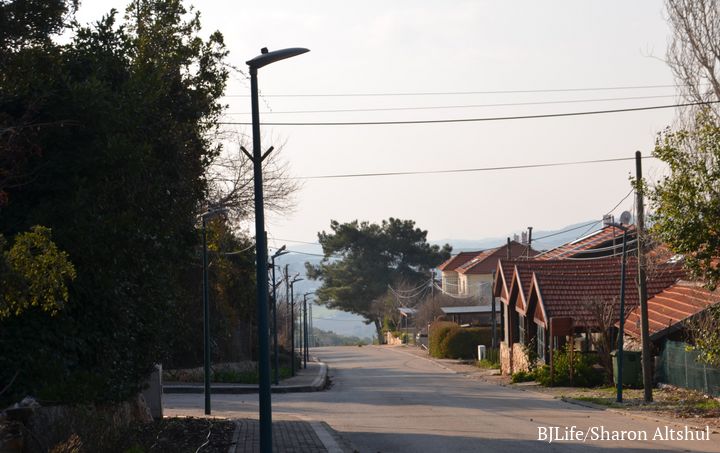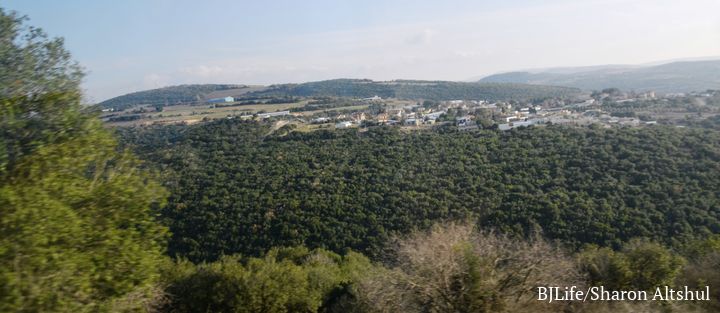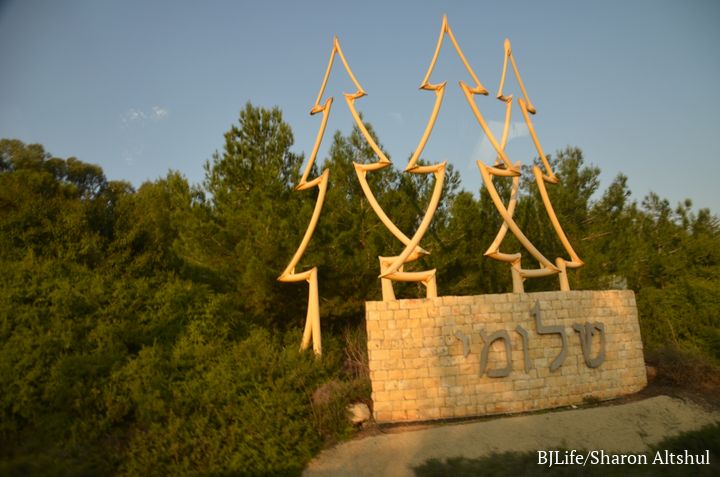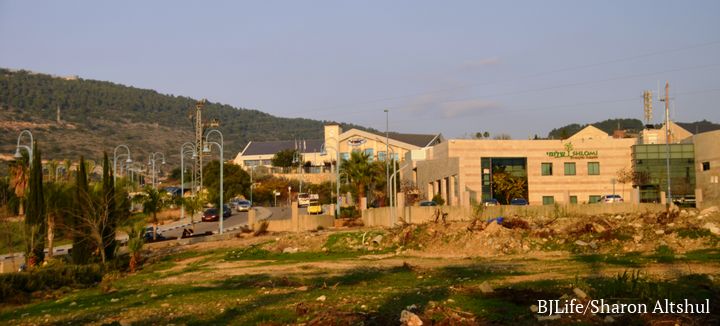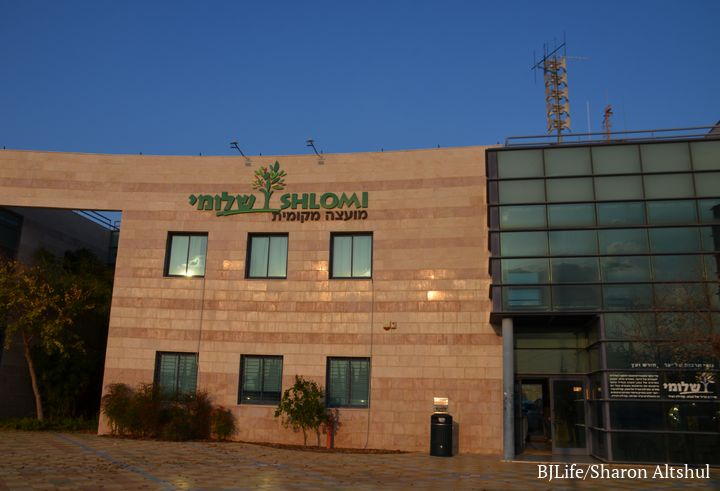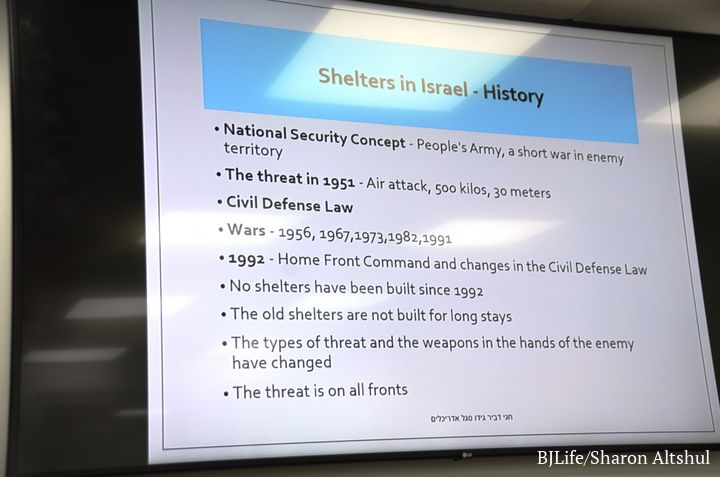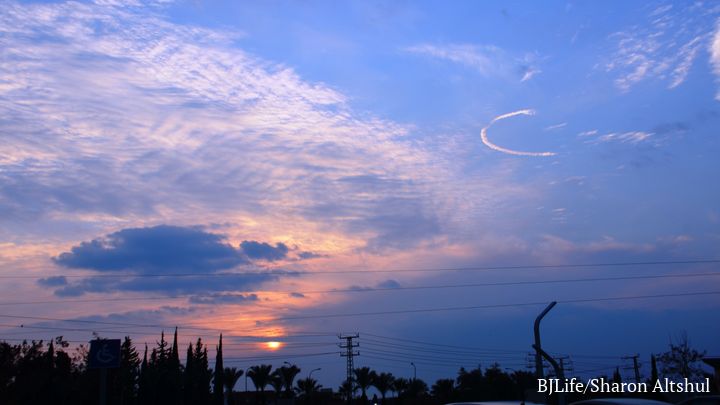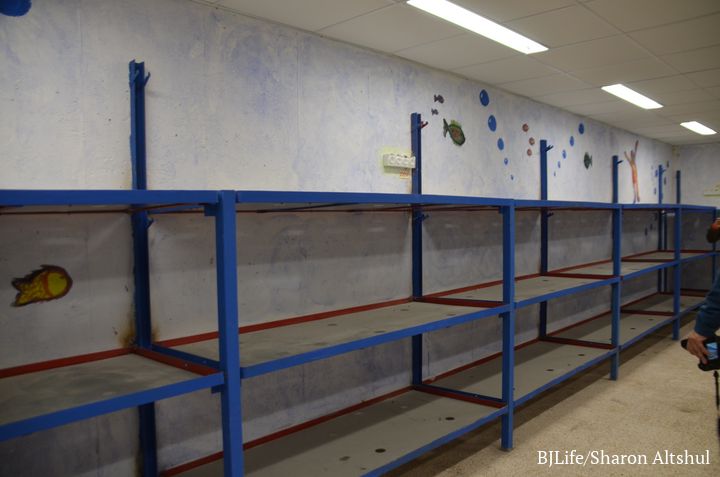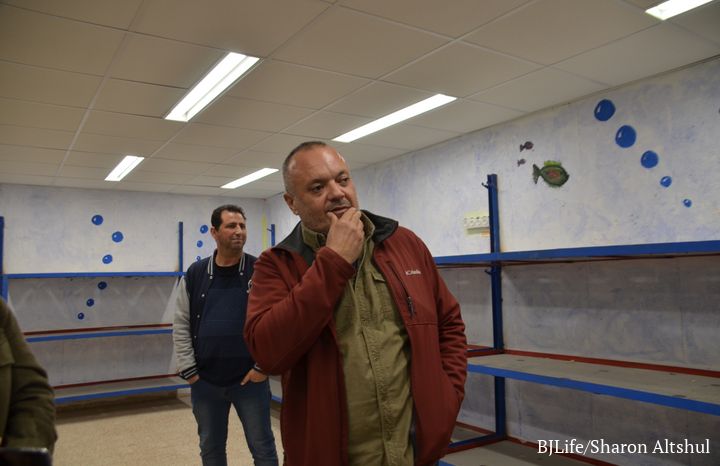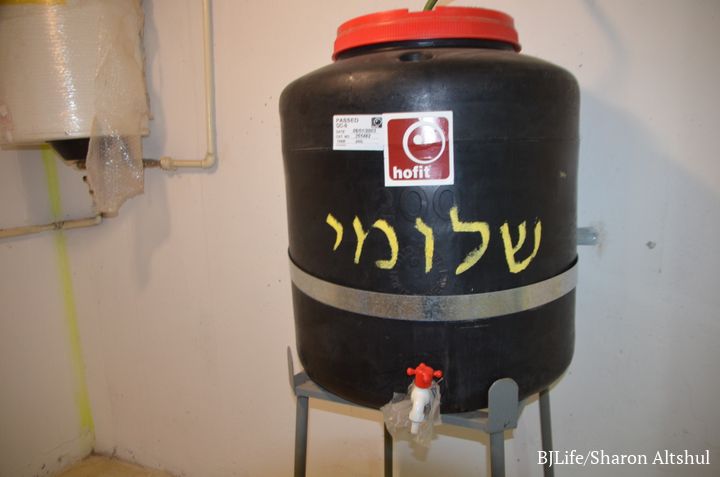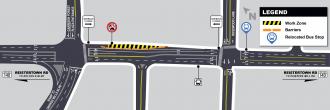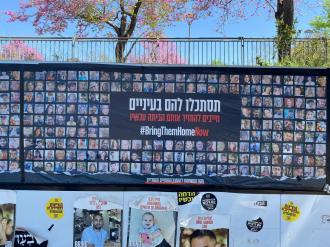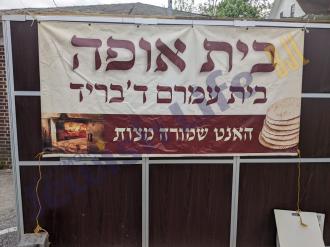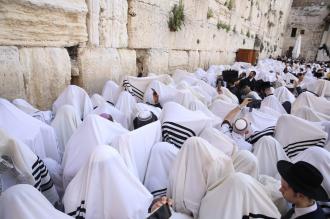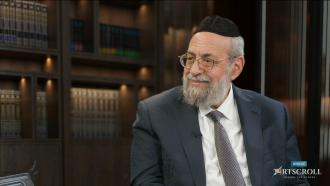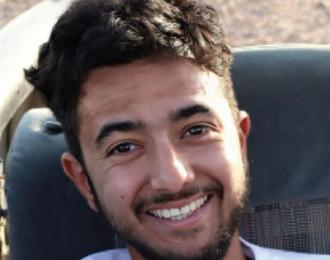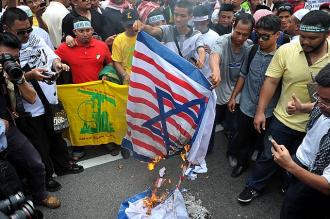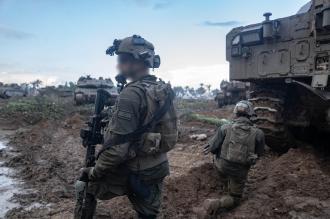Jerusalem, Israel - Jan. 15, 2020 - For the past fourteen years, since the end of the Second Lebanon War, Israeli residents along the northern border have lived a mostly quiet life. They have not had to endure the consistent firing of missiles and rockets and incendiary devices like the residents of the Gaza Envelope. With the killing of Iran Quds Force Commander, Qasem Soleimani revenge by Hezbollah targeting Israel along the northern border is possible.
The population of the Israeli northern communities consists mostly of Jews, Muslims, Druze and Arab Christians. They live near each other in a beautiful part of the country, a vast area covered in green from winter rains, in coexistence and cooperation.
However, with the border of Lebanon is only a few miles away. The Israeli Defense Force must stay on guard day and night. Hezbollah is known to have thousands and thousands of weapons and missiles housed along the Lebanese border near Israel. Terror tunnels deep in the ground going into Israeli territory have been found and were destroyed. UNIFIL is supposed to monitor this border named the Blue Line.
On a media tour to the northern border on January 14, 2020, our bus proceeded cautiously up the winding roads toward the first vantage point. Signs to beware of wild animals were posted along the way. Though a herd of sheep blocked the bus near the border fence, the driver was able to safely reach our destination.
First stop at the border fence was to meet with Mateh Asher Regional Council (Arab al-Aramshe) Moshe Davidovich, Chairman of the Confrontation Line Forum and Head of the regional council; Ishai Efroni - Security officer; Adam Swidan - Resident of Arab al-Aramshe; and Rasmi Mezel - Resident of Arab al-Aramshe.
From the first vantage point, the houses in Lebanon were easily visible. A black-draped ladder to a Hezbollah watchtower was placed up against the border fence.
The second stop was to meet leaders of Ma'ale Yosef Regional Council (Shtula) for the Upper Galilee Shimon Guetta Head of the Ma'ale Yosef Regional Council and Shlomi Hattan - Head of Security Team.
Here a soldier on the other side of the border fence was close enough we could see him taking our photos as we took his photograph.
Distance and safety were on the minds of Shtula residents Ruth Hovav, Job Hattan, and Rabbi Saleh Eliyahu.
If missiles are launched from Lebanon, residents near the Israeli border have zero seconds to reach safety. New buildings have safe rooms by law in their construction. However, the older homes in communities life Shtual are unprotected. Older citizens would have to run to shelters, involving not only distance but with stairs making it especially difficult.
Money for building safe rooms for the northern communities was allocated two years ago. The northern residents and government officials are upset that they have not received the money to do the necessary work.
The final stop before the long ride back to Jerusalem was in Shlomi with Col.(ret) - Luchy Yossef - Former Commander of the north district of the home front command and CEO of Shlomi; Dror Dahan - Local chief officer of security; and Avshalom Peretz - Resident of Shlomi. Shlomi, established in 1950, has 7000 residents and 2200 housing units.
No new shelters have been built since 1992 in Shlomi, and the old ones do not meet the needs of today's threats. In 2006, 190 rockets fell on the council territory. The projected number of missiles and rockets in the future war is much greater. In Shlomi, there are 1000 units in old neighborhoods without proper protection, and as seen in Shtula, mostly inhabited by older residents.
A quarter of a million Israelis live within 5.5 miles along the northern border. According to the Confrontation Forum, nearly 70,000 have no home security solutions, many more have no convenient public shelters. Five billion shekels have been allocated for a protection program, but the program has yet to begin. A staggering number of Israeli residents within the targeted communities will have no shelters to run to and nowhere to take cover if and when Hezbollah starts to attack from Lebanon. Evacuation of populations under threat is not a solution.
